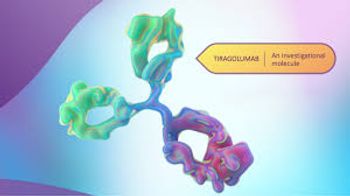
AACR: American Association for Cancer Research

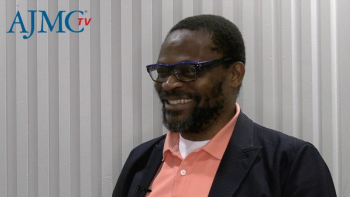
Raymond Osarogiagbon, MD, discusses innovative strategies for improving lung cancer screening, including artificial intelligence (AI) tools and simplified eligibility criteria.

Raymond Osarogiagbon, MD, shares practical strategies for clinicians and health systems to boost lung cancer screening rates among eligible patients.
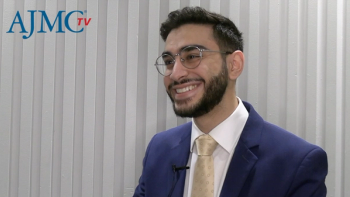
Samer Wahood, AB, shares that his research reveals a significant link between July erythemal UV radiation exposure and increased risks of melanoma in situ and invasive melanoma.

Raymond Osarogiagbon, MD, highlights the potential benefits of increasing screening rates for patients diagnosed with lung cancer and the broader US health care system.
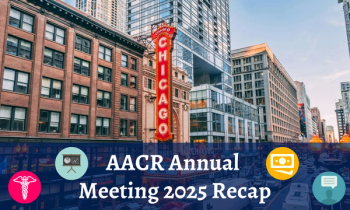
During interviews at the American Association for Cancer Research (AACR) Annual Meeting 2025, experts shared key insights from this year's conference.
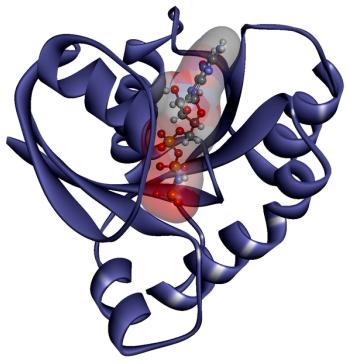
KRAS-targeted therapies, including daraxonrasib and zoldonrasib, show promise in overcoming resistance in cancer treatment, as highlighted at the 2025 meeting of the American Association for Cancer Research (AACR).

IO Biotech's first-in-class vaccine performs double duty, killing cancer cells and enhancing the tumor microenvironment. A phase 3 trial is on track to release results this fall.
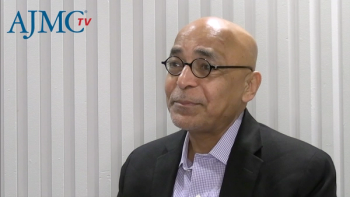
K. "Vish" Viswanath, PhD, discusses the impact of misinformation on trust in health care, emphasizing the importance of reliable sources and patient-physician communication.
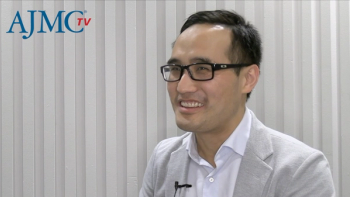
Mingyang Song, MBBS, ScD, expands upon the link between ultraprocessed foods and cancer risks, emphasizing the need for better dietary choices and further research.
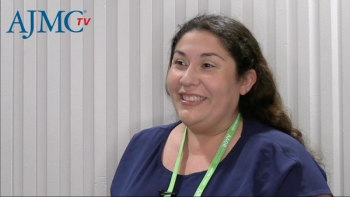
Higher social capital is associated with fewer treatment delays among cervical cancer survivors, with notable racial disparities in reported social capital levels and access to timely care.

Duke Appiah, PhD, MPH, discusses maternal health disparities, emphasizing the impact of racial and ethnic factors on pregnancy outcomes for women with cancer.
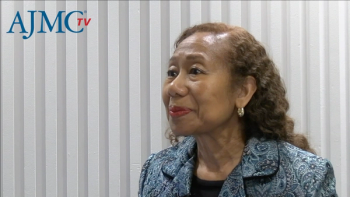
Kimlin Tam Ashing, PhD, explores how strengthening community engagement can enhance cancer research and inform more effective policy development.

Duke Appiah, PhD, MPH, explores racial disparities in maternal health outcomes for pregnant women with cancer, revealing critical insights for informed decision-making.

Results presented on Tuesday at the American Association for Cancer Research annual meeting include data on the combined use of tissue and liquid biopsy, as well as a framework for evaluating multicancer early detection testing.

Mingyang Song, MBBS, ScD, discusses the link between ultraprocessed foods and cancer risk, emphasizing nutrition's role in prevention.

K. "Vish" Viswanath, PhD, explores the evolution of health misinformation, its sources, and the role of technology in shaping public understanding.
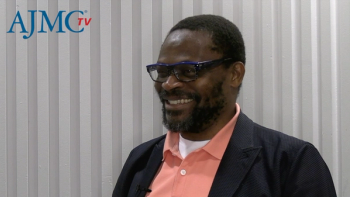
Raymond Osarogiagbon, MD, discusses the challenges of implementing lung cancer screening guidelines and the need for increased awareness and access.

Prior studies have shown that women may absorb cancer therapies differently than men, but this study focused on the fallout on patients' physical activity and quality of life.

From a meeting that celebrates basic research and being "first," a look at 3 data sets on therapies that would break new ground.

Kimlin Tam Ashing, PhD, of City of Hope National Medical Center, emphasizes the vital role of community engagement in cancer research, enhancing trust and communication between scientists and communities.
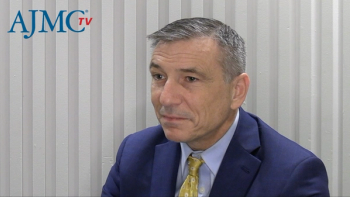
Zongertinib shows promise for treating HER2-mutant non–small cell lung cancer (NSCLC), with significant activity against brain metastases and low interstitial lung disease risk, explains John Heymach, MD, PhD.
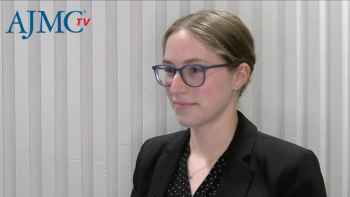
Artificial intelligence (AI) has the potential to deliver personalized nutrition; however, there is a need for professional oversight, emphasized Julia Logan, BS.
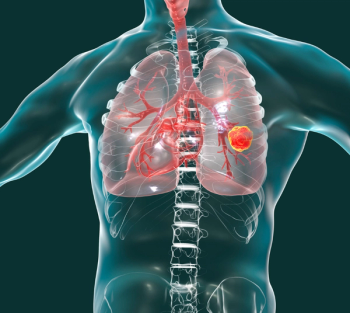
Zongertinib Shows Durable Responses With No Interstitial Lung Disease in HER2-Mutated Advanced NSCLC
Results could give patients with HER2-mutated non–small cell lung cancer (NSCLC) an oral therapy option.

John Heymach, MD, PhD, The University of Texas MD Anderson Cancer Center, discusses the promising results of zongertinib for HER2-mutated non–small cell lung cancer, showcasing high response rates and improved patient quality of life.
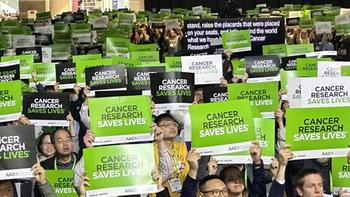
The session follows the American Association for Cancer Research's (AACR) prior call to action against executive orders that would harm the National Institutes of Health.

Julia Logan, BS, discusses the vital role of nutrition in cancer care, highlighting how artificial intelligence can enhance dietary recommendations for patients.
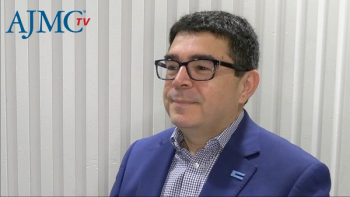
Luis Carvajal-Carmona, PhD, stresses the importance of global collaboration in cancer research to enhance understanding and treatment across diverse populations.
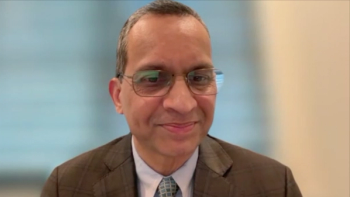
Ravindra Uppaluri, MD, PhD, lead investigator of the phase 3 KEYNOTE-689 trial (NCT03765918), highlights the need for a multidisciplinary approach to translate the study's findings into real-world care for patients with resectable head and neck cancer.

Dostarlimab effectively eliminates the need for surgery in patients with advanced mismatch repair–deficient tumors in renal cancer, enhancing quality of life.



